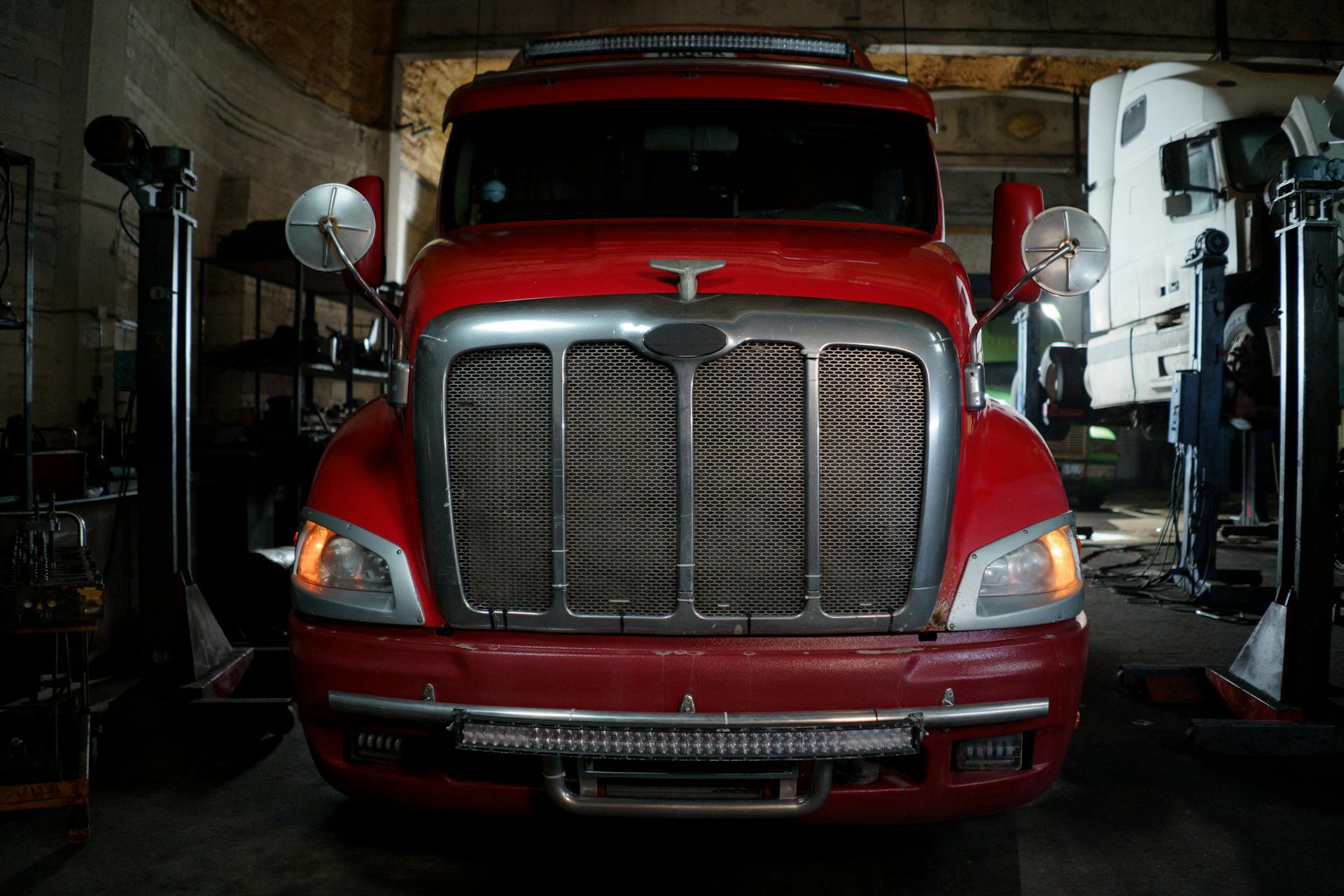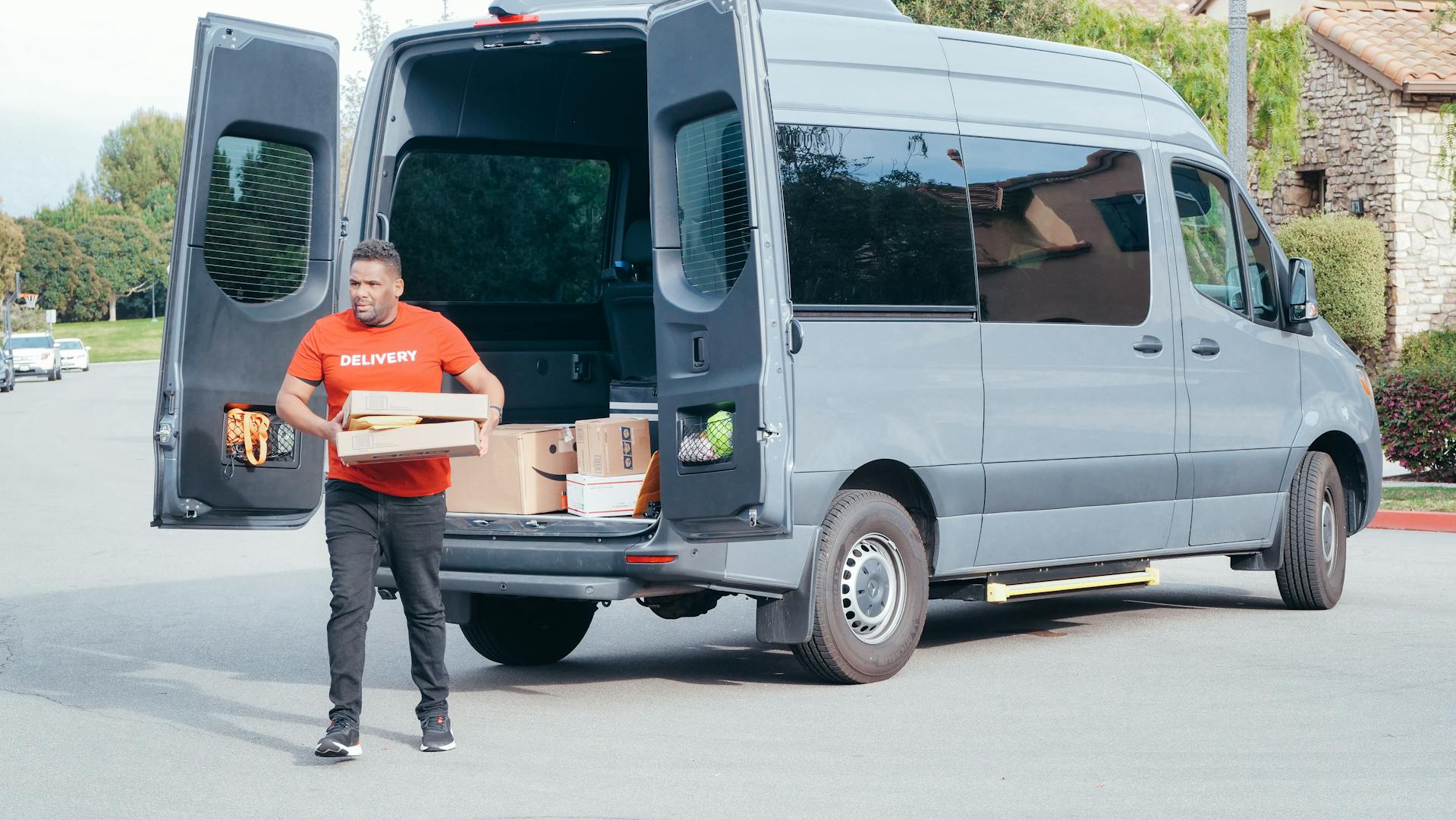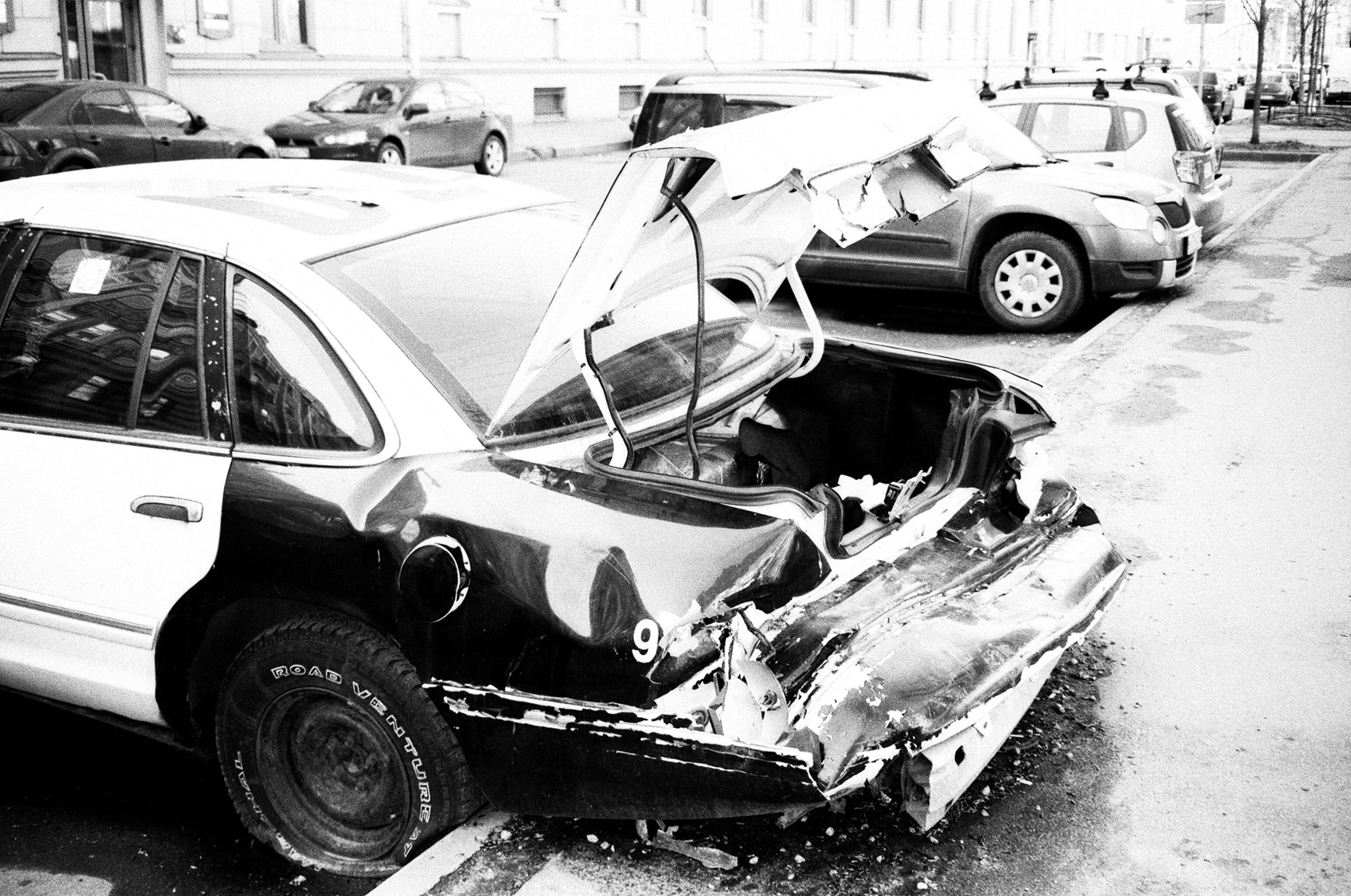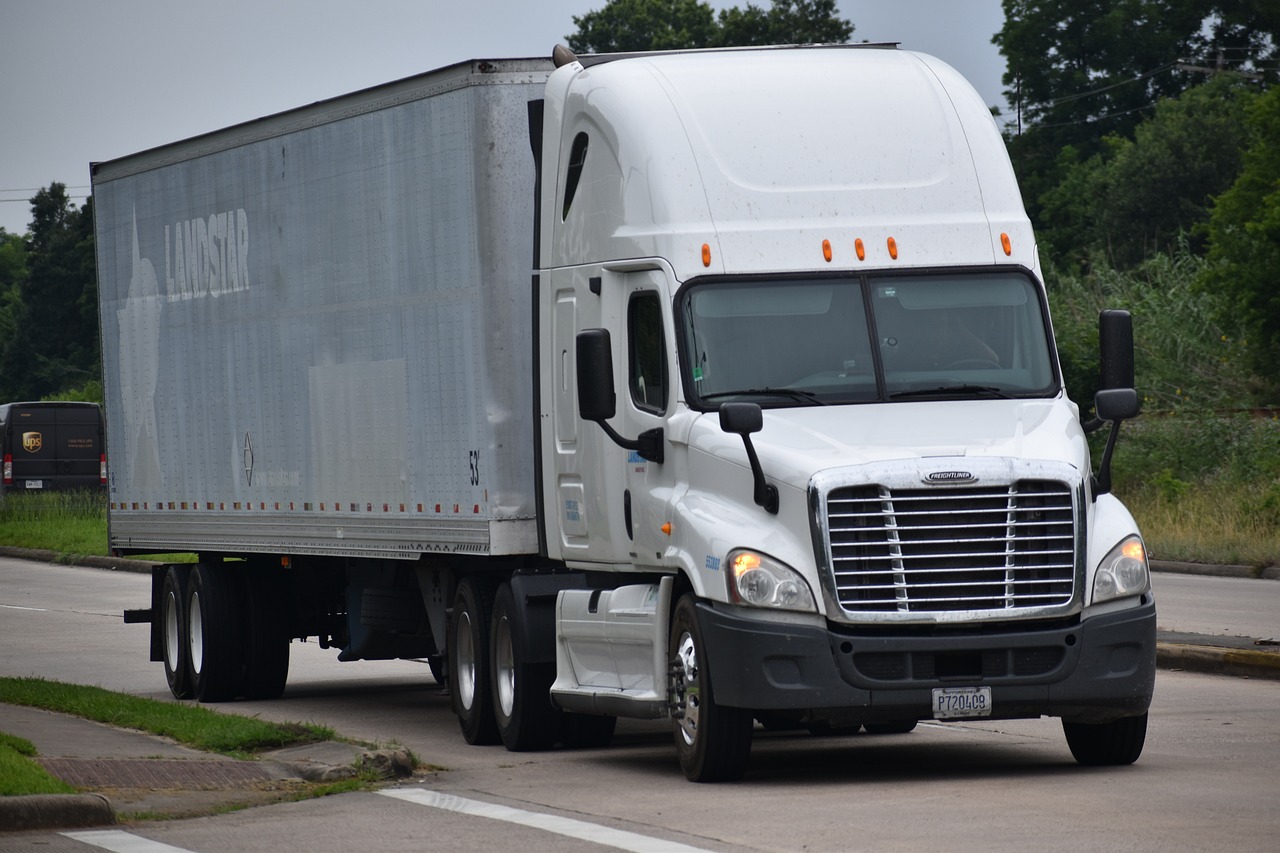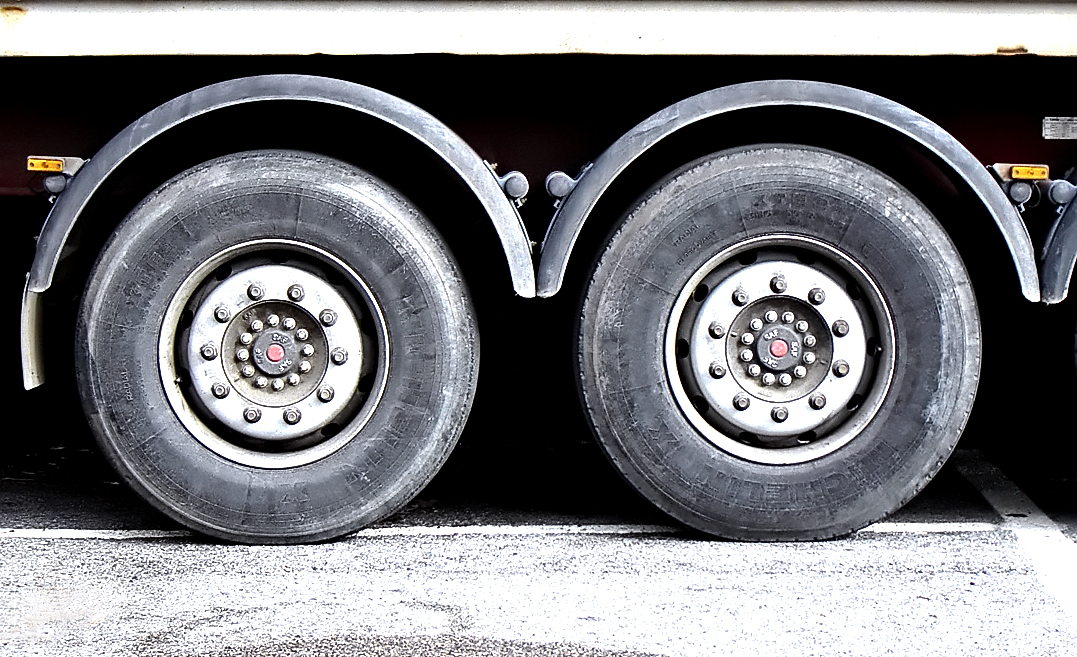Squeeze-Play Accidents are Common and Deadly
You’ve probably pulled up behind a semi-truck and read the little sign on the back of the truck that says, “Caution, Wide Right Turns” and often shows a little graphic of a vehicle colliding with the truck. Those wide turns, when they turn into wrecks, are sometimes referred to as squeeze-play accidents because the motorist (or sometimes cyclist or pedestrian) are squeezed between the truck and the curb, signage, pole, or whatever happens to be there.
The problem has been around a long time, and the issues are only getting worse as traffic continues to increase throughout the DFW Metroplex. The Car Crash Captain investigates.
Why is Dallas a Hot Spot for Wide Turn Truck Accidents?
Many Dallas area streets are laid out in a grid section, which of itself isn’t the entire issue. The issue is that many of these grid pattern streets near distribution centers and warehouses (areas with a lot of truck traffic) are older intersections. They were built back in the day when trucks and automobiles were a bit smaller. The result with today’s big rigs, is that these intersections get tight, and the semi-trucks have to make wide right turns to accommodate.
It’s also quite the known issue. There was a major news report on the intersection of S. Hampton and Danieldale back in 2018 showing how these trucks are cutting it “way too close.” This is just one of many areas of concern that can lead to wide turn truck accidents.
What Should be Done to Reduce These Wrecks?
Unfortunately, there are only two ways to reduce these types of wrecks.
- Manufacturers could make their trucks smaller. This would reduce the need for the wide right turns, but it would also mean goods couldn’t be transported as efficiently.
- Cities can make the streets wider (or accommodate wide right turns with different curb designs). This would be a major overhaul and expensive project, and largely unfeasible in many areas where there just isn’t the room to expand.
The only other option is to hope all parties pay attention, don’t act negligently, and drive safely. But we’ve seen over the years that relying on good judgment really doesn’t work all that well.
Who is Liable in Wide Turn Truck Accidents?
Suppose you’re injured in a wide turn truck accident; who is liable? Are you liable, because you should have seen the small warning sign? Or is the truck driver liable because he or she didn’t maintain their lane when turning? Or perhaps a third party is the culprit?
Truck drivers owe a duty to ensure safe turning. If they cross the lines, jump the curbs, or otherwise squeeze you into a wall or pole, they might be liable.
Municipalities could be liable due to poor design and planning. The design of the roads could force wide turns, and you might be able to argue that it’s an unreasonably dangerous intersection design.
Regardless of who ends up being liable, you need to be able to prove liability, so you can receive compensation that will help you heal from your injuries, and get back on track with your life. That’s why you need a truck wreck lawyer in Texas.
Why You Need Herbert Law Group
We know what goes into investigating these truck wrecks. And if you’re injured you likely don’t have the time or energy to do this yourself. Most people, even uninjured, don’t know what to look for or where to look to gather evidence.
Herbert Law Group does. We’ll find the surveillance footage that captures the area and the encroachment. We’ll see which traffic studies have been done, and whether a project is long overdue to fix a dangerous intersection. We’ll reconstruct the wreck to show where the truck overhung marked turn lanes and infringed on pedestrian areas.
In short, we’ll work hard so you receive justice.
First, though, we need to know what happened. We need to get to know you and make a plan. Call our offices at 214-414-3808, or fill out the contact form, and we’ll get the ball rolling.

